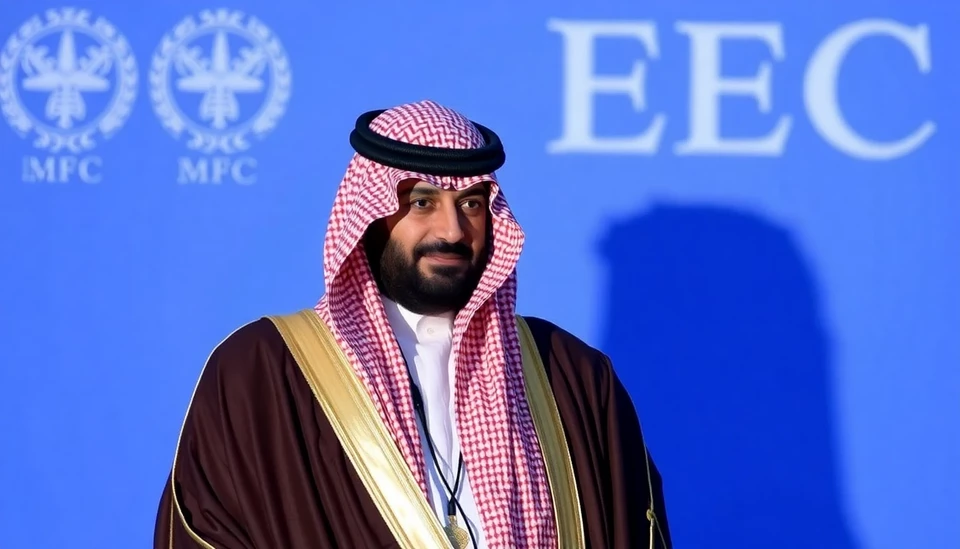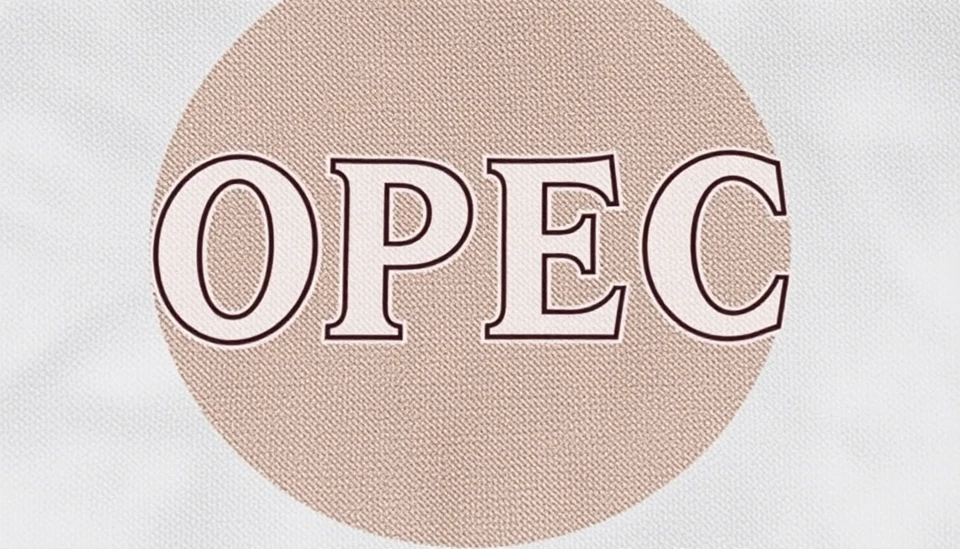
In a significant turn of events, the International Monetary Fund (IMF) has revised its growth forecasts for Saudi Arabia, reflecting the impact of the nation’s recent adjustments to its oil production strategy as part of the OPEC pact. The updated prognosis has raised concerns among analysts about the kingdom's economic resilience as it navigates the complexities of fluctuating oil prices and global energy demands.
The IMF's fresh estimates now indicate a slower growth trajectory for Saudi Arabia, particularly in the context of its heavy reliance on oil revenues. This downgrade is primarily attributed to deliberate cuts in oil output instigated by the Organization of the Petroleum Exporting Countries (OPEC), which Saudi Arabia leads, aimed at stabilizing and possibly boosting oil prices amid declining demand forecasts.
Under the current circumstances, the kingdom's projections have shown a marked difference from earlier optimistic growth forecasts. Analysts had previously anticipated a robust economic rebound as the country embraced Vision 2030, an ambitious plan aimed at diversifying its economy and reducing dependency on oil. However, the latest adjustment signals a potential setback in achieving these long-term objectives.
Economic experts are monitoring these developments closely, particularly in light of the global economic recovery post-pandemic and geopolitical tensions that continue to disrupt markets. The IMF's assessment suggests that Saudi Arabia's decision to curb its oil production reflects deep-seated concerns about oversupply in light of shifting demand dynamics worldwide.
Furthermore, the report underscores the importance of sustainable economic diversification for Saudi Arabia, emphasizing the narrowness of relying on oil as the primary economic driver. While the Kingdom has made strides toward diversifying its revenue streams through investments in tourism, technology, and other sectors, the immediate implications of the IMF's downgrade could complicate these initiatives if oil revenues do not meet projections.
As the Saudi government continues to reassess its economic strategies, stakeholders are left pondering whether the latest growth downgrade will influence future policy decisions. In a rapidly evolving global market, the need for agility and adaptability in economic policies has never been more pressing.
In summary, Saudi Arabia faces significant challenges ahead as it grapples with the ramifications of OPEC’s production cuts. The IMF's downward revision of the kingdom's growth outlook serves as a crucial reminder of the inherent volatility in oil markets and the urgent need for comprehensive economic reforms as part of its Vision 2030 initiative.
As the situation develops, attention will likely shift to how Saudi Arabia balances its short-term needs with its long-term economic goals, making this a pivotal moment for the nation in reassessing its path forward.
#SaudiArabia #IMF #EconomicGrowth #OPEC #OilProduction #Vision2030 #EconomicDiversification #GlobalMarkets
Author: Laura Mitchell




